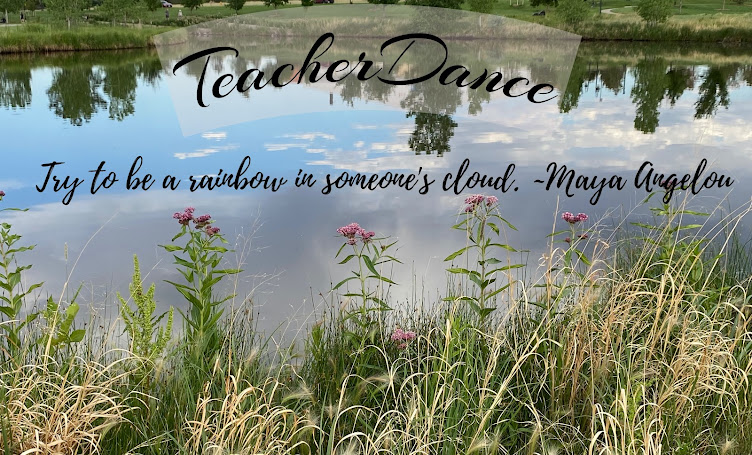Time To Start
It’s time to wind my way through thoughts about the coming school year. I have what could be called the same job, as literacy coach, but we have a new head of school starting this year and my conversations with him might change some of what I do, plus some of the teachers I will work with are going to have some new challenges because they’ve changed class ages. One other thing that is different this time is that I’ll be teaching a class about blogging to a small group of middle-school-aged students. Different years mean different challenges and different activities, yet the basic literacy ideas will remain, like supporting all the lessons teachers need to teach within their language arts programs.
I’ve been thinking about what ‘informs’ student learning in all the kinds of writing that is done at our school, and believe the priority is that writing is for communication (even to oneself), and different audiences demand different kinds of writing. We discuss audiences and point of view quite a lot during workshop and when new assignments are given. Following is a list of the types of writing that occur during the school year.
Writer’s notebooks-includes many types of exploration, & students are encouraged to try new types of writing in this non-risky environment. There is response to weekly written entries.
Writing within the workshop, with brief lessons: show/tell paragraphs (identifying what is simple telling, that needs showing for elaboration, as in “she is lonely”—give descriptions that ‘show’ the word, etc.); writing narrowly—using things like ‘windows’ cut into a piece of cardboard-to write only what is seen, not too broad; introductory & concluding paragraphs, etc.
Letter journals-a personal piece to the teacher, but once a week students comment on their current book choices, how the book is going, what they think of the author’s style, etc.
Workshop writing includes direct study of different genres—fiction (character descriptions, leads, endings, dialogue, setting descriptions), personal essays (memoir, opinions, nature writing, etc.), poetry, humor writing, plays, literature comparison, book reports and other reading responses
Unit writing where each student studies a personal topic. This includes: outlines & webbing, short paragraph descriptions, timelines, short & long research reports, magazine-type articles, mock newspapers and/or articles, booklets & brochures, poetry, picture books, map keys, captions, labels, advertisements, cartoon speech, lab reports, scientific observation descriptions, writing in the style of other writers, bibliographies (sometimes annotated), letter writing, thank you notes, directions for games & other devices, plays, narration for movies
Math writing includes: descriptions of how math problems are solved and can be solved
Science writing includes: lab reports, scientific observations, nature writing, single lab write-ups
Field journals include: sketching, nature writing, scientific observation in conjunction with sketching, data collection
Misc. writing done in the past, often to support the class unit: oral histories, discussion article responses, many of the pieces listed in the unit writing list, curriculum for a lesson that students teach
Personal work: Portfolio Evaluations-letter and short answer, applications for various things in and out of school
Doing so many kinds of writing gives everyone opportunities to practice as well as to find their voices in a variety of places. Many experiences helps students feel comfortable writing and also helps them improve.
Doing so many kinds of writing gives everyone opportunities to practice as well as to find their voices in a variety of places. Many experiences helps students feel comfortable writing and also helps them improve.

I am doing the same thing. I've brought some school things to the lake with me and plan on spending a little time each day reading and thinking about how I will incorporate what I've learned into my classes next year. Because like it or not, school isn't that far away....
ReplyDelete